Browse
First-Year Writing Resources
Object Collection
Objects
| Preview | Title | Description |
|---|---|---|

|
What It Means to Be a Researcher | Introduction to Academic Research |
Learn how to conceptualize your role as an investigator and recognize how context and information need influences your approach to research. |
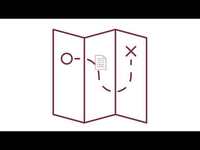
|
How to Curate a Writing Portfolio | Curating a Writing Portfolio |
Learn the basic practices of curating a writing portfolio: collecting, selecting, connecting, and reflecting. |

|
Writing Portfolios for Self-Discovery and Self-Presentation | Curating a Writing Portfolio |
Learn about crafting two different kinds of portfolios: learning portfolios and showcase portfolios. |

|
Keeping Track of Portfolio Artifacts | Curating a Writing Portfolio |
Learn file management strategies at the file, folder, and drive level. |

|
Using the Stases for Rhetorical Analysis | Rhetorical Analysis Using the Stases |
This video introduces an ordered series of questions that must be addressed to resolve a controversy, collectively known as the stases: first-order questions of fact, cause, and definition and second-order questions of action, value, and jurisdiction. |

|
Using the Stases for Reflective Practice | Rhetorical Analysis Using the Stases |
The stases are an ordered series of questions used to analyze sticking points in an argument or controversy. In this video, learn how to use the stases for reflective practice. |
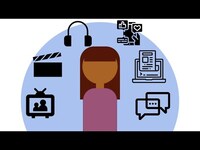
|
Applying the 5Ws |
This video describes a tool - 6 question words - that can help you critically analyze artifacts like news articles, speeches, social media posts, TV shows, movies, and music. |

|
Three Digital Literacy Myths |
Are digital natives automatically digitally literate? Is digital literacy just about technology? Is digital literacy a replacement for traditional literacy? Discover the truth behind these myths in this video. |
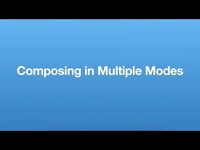
|
Composing in Multiple Modes |
How can different modes of communication be used to reach an audience more effectively? This video will help you find out. |
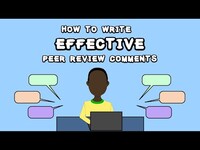
|
How to Write Effective Peer Review Comments |
What's the difference between higher-order and lower-order concerns in peer review, and how can I write effective peer review comments? Find out in this video. |
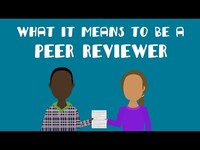
|
What It Means to Be a Peer Reviewer |
Is being a peer reviewer the same as grading my classmate's work? Am I supposed to proofread their paper? This video will cover the role of the peer reviewer. |
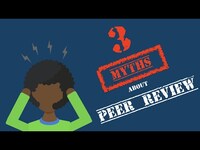
|
Three Myths About Peer Review |
Do good writers get it right the first time? Can my classmate really give me good feedback on my paper? In this video, we'll dispel common myths about peer review. |
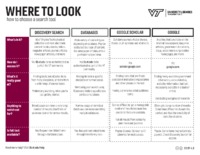
|
Where to Look: How to Choose a Search Tool |
Learn about various search tools available through the University Libraries at Virginia Tech and when you should consider using each one. Download the second file linked above to access a screenreader-friendly version. |
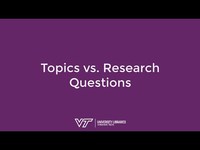
|
Topics vs Research Questions |
This video covers the difference between topics and research questions and how they may change over the course of a research project. |

|
How to Find and Check Out a Book |
Join Moose the therapy dog as he finds and checks out a book at Virginia Tech's Newman Library. |

|
Developing a Topic |
A video about starting research and developing your topic into something that will be interesting and manageable. |
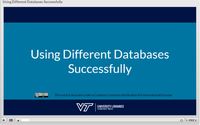
|
Using Different Databases Successfully |
An interactive tutorial demonstrating the commonalities among many databases. |
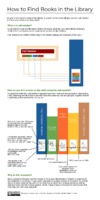
|
How to Find Books in the Library |
A guide to finding books in the library based on their call number. |

|
Keyword Basics |
Learn the basics of developing keywords for database searching. |

|
Developing Keywords |
Learn how to create keywords from a research topic. |
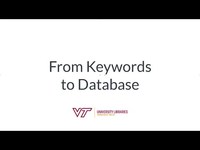
|
From Keywords to Database |
A video demonstrating how to build a search statement. |